Vittoria Crisostomi, INU – URBIT
Through the multiple-entry method and a transversal scaffolding, designed to counteract aspects that hinder development, the NRP has highlighted two essential issues of urban planning:
- The identification of specific themes and territories, that were recalled within diverse calls for grants with respect to different territorial configurations (as declining hamlets, centers with at least 15000 inhabitants, cities), different ways of living (social housing of PinQua, social regeneration, quality of life and settlements), as well as different references to economic functions (tourism, services, and infrastructure, agriculture, sports).The practice of allocating calls precisely to those institutions that are considered as accountable due to their level and powers. PUIs, mis 5.c2, I 2.2, are expressly addressed to metropolitan cities. In fact the latter investments require an organizational system of fundable projects able to integrate works, infrastructure, new stable employment, and co-planning, with the third sector.
Thus, the success of these two lines of work can be read in the ways admitted projects were designed. This is the case of the fourteen cities, where very personalized elaborations emerged. Unprecedented sense-making processes of PUIs about metropolitan cities were set in motion thanks to geographies, basic economies, income profiles, lifestyles, and development goals. PUIs turned out to be very different from one another, being adherent to the roots, spatial profiles, and specific needs of individual communities.
Local experts will intervene as well during the event that highlights inevitable chiaroscuros, and attempt initial conclusions by using an atlas of the territory and mutual meaning between institutional roles as means for reconnaissance.
2:00 p.m. hall entrance
2:30 p.m. start of proceedings
PROGRAMME
Institutional greetings and reflections on the event
Jacopo Suppo, Deputy Mayor of the Metropolitan City of Turin
Introduction and coordination
Vittoria Crisostomi, INU – URBIT
Reports:
“Milan. Legacy and progression along a mature path”.
Marianna Laino, General Land Planning Department, Metropolitan City of Milan
“Venice. Transnational role and recovery of weak social frameworks’.
Laura Fregolent, Full Professor, IUAV University of Venice; President INU Veneto (TBC)
“Turin. Care for urban social infrastructures”.
Matteo Barbero, Director, Economic Development and Strategic Planning Department, Metropolitan City of Turin (TBC)
“Bologna. Territory at full capacity and push for knowledge”.
Alessandro Delpiano, Metropolitan Area Director, Metropolitan City of Bologna (TBC)
Maria Grazia Ricci, Head of the Urban Planning Department (TBC)
“Florence. The system in full swing seeks lumps of further momentum”.
Giuseppe De Luca, Professor of Urban Planning, Director of the Department of Architecture, University of Florence (TBC)
Carlo Pisano, researcher, University of Florence (TBC)
“Rome. The metropolitan city is finding its sense”.
Pierluigi Sanna, Councillor in charge of Urban Planning, Metropolitan City of Rome
Damiano Pucci, Councillor delegated to PNRR, Metropolitan City of Rome
“Bari. Searching for identity in a networked territorial system”.
Luigi Ranieri, Associate Professor, Libera Università Mediterranea; Programme Implementation Director, Municipality of Bari; Head of Strategic Planning, Metropolitan City of Bari (TBC)
“Palermo. Generalised problem of access to urban benefits”.
Ignazio Vinci, Associate Professor, University of Palermo; INU Sicilia (TBC)
“Catania. Crude analysis and actions to reduce the gap”.
Paolo La Greca, Full Professor of Urban Technique and Planning, University of Catania; INU Sicilia
Summary: a transversal reading of the case studies
Vittoria Crisostomi, INU – URBIT
Concluding speech
Michele Talia, INU President
Italiano

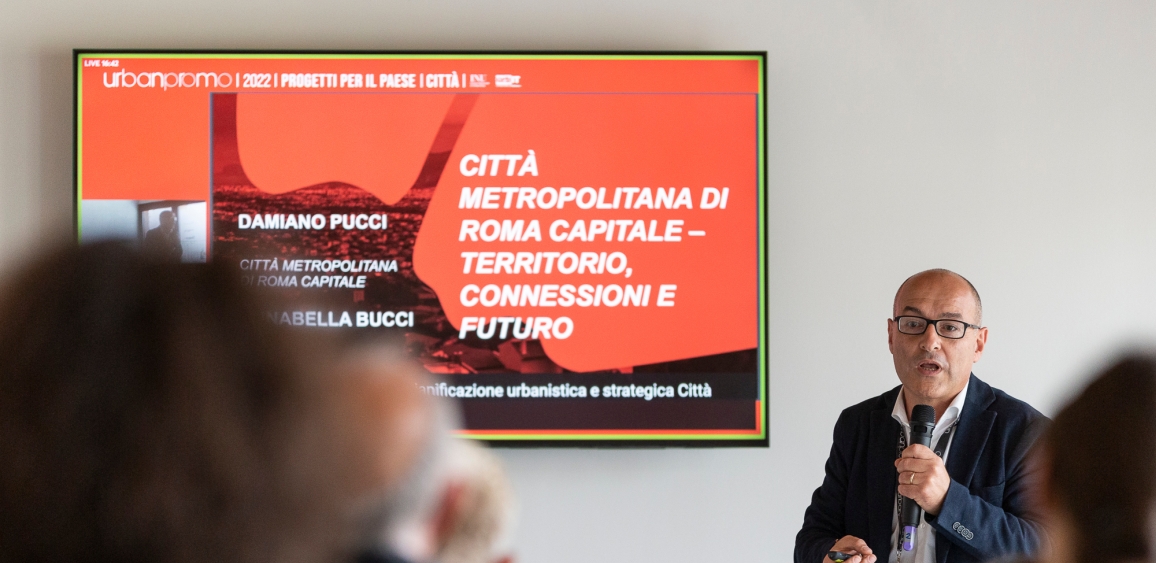
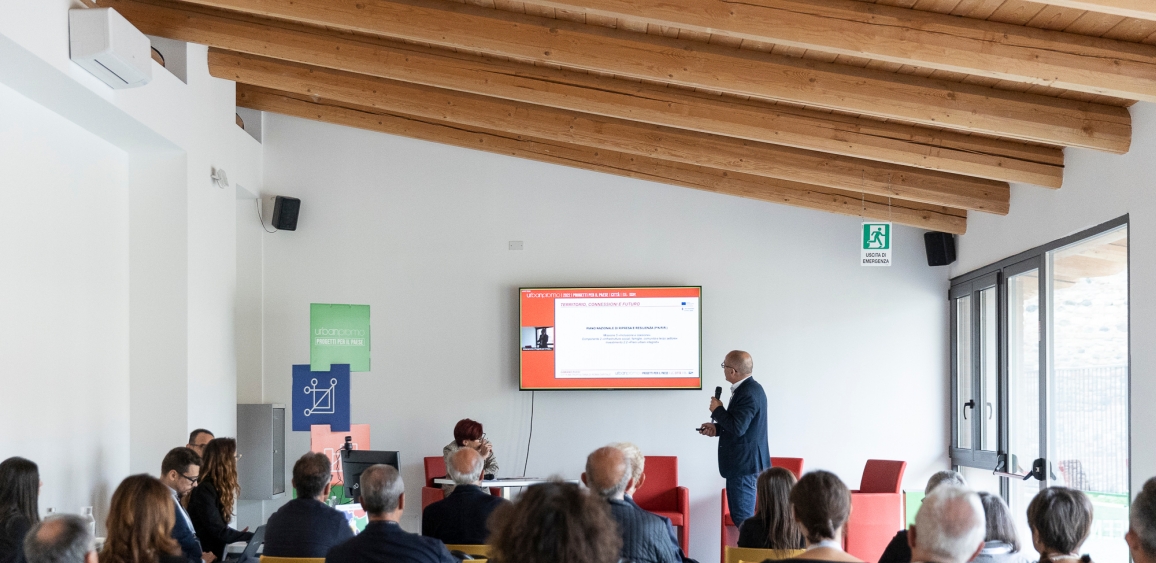
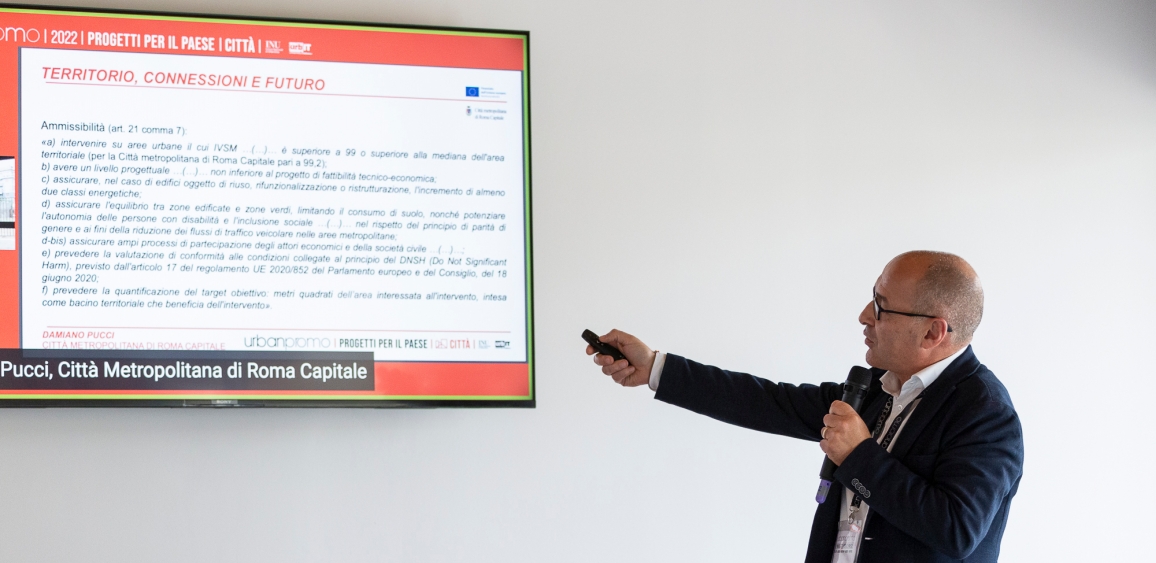
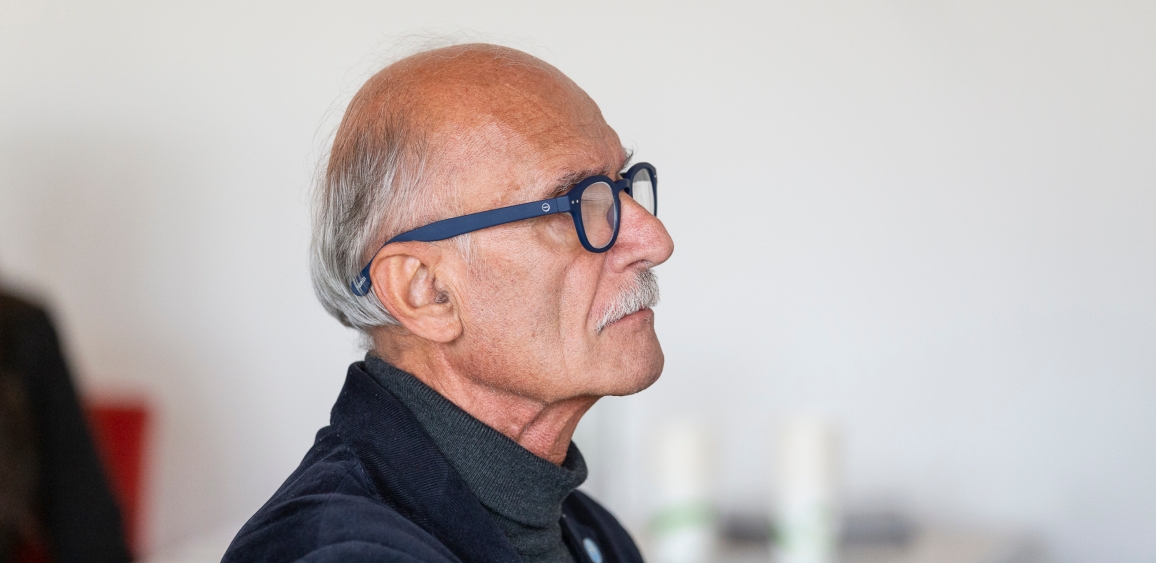

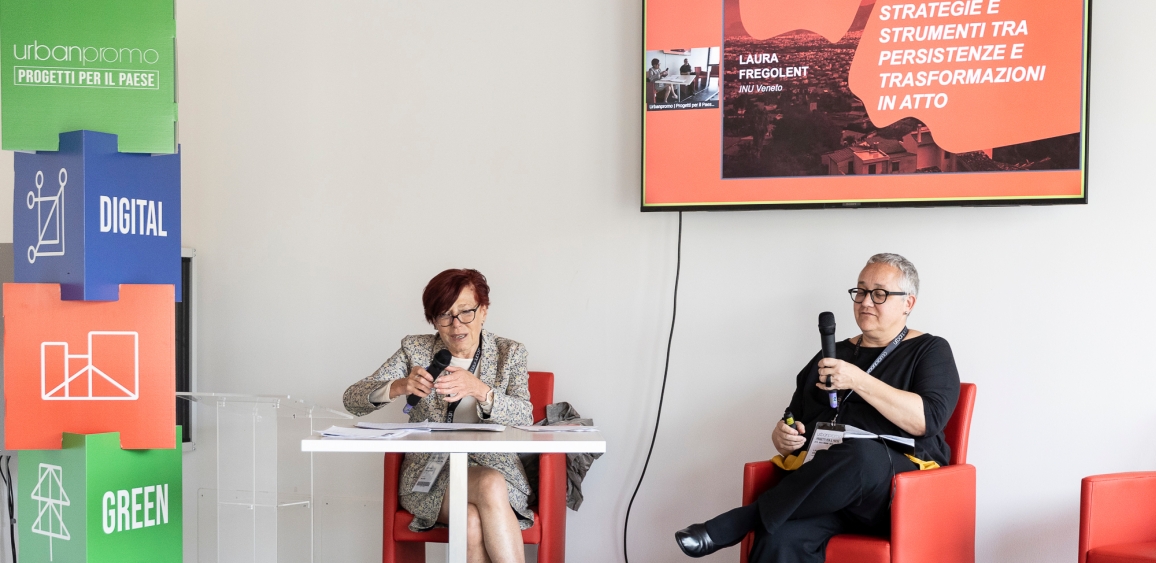
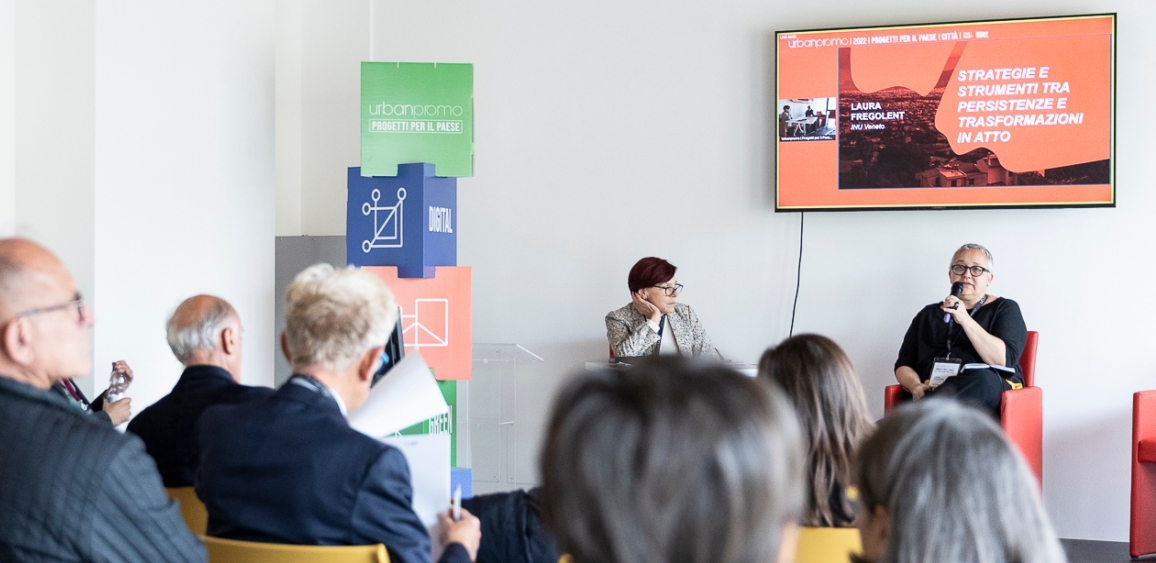
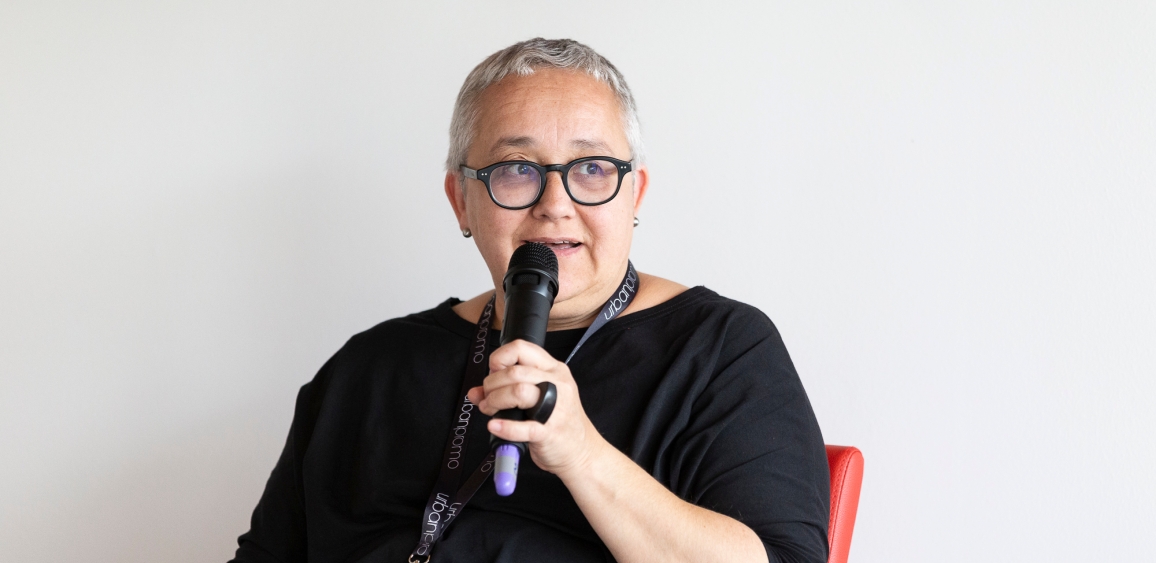

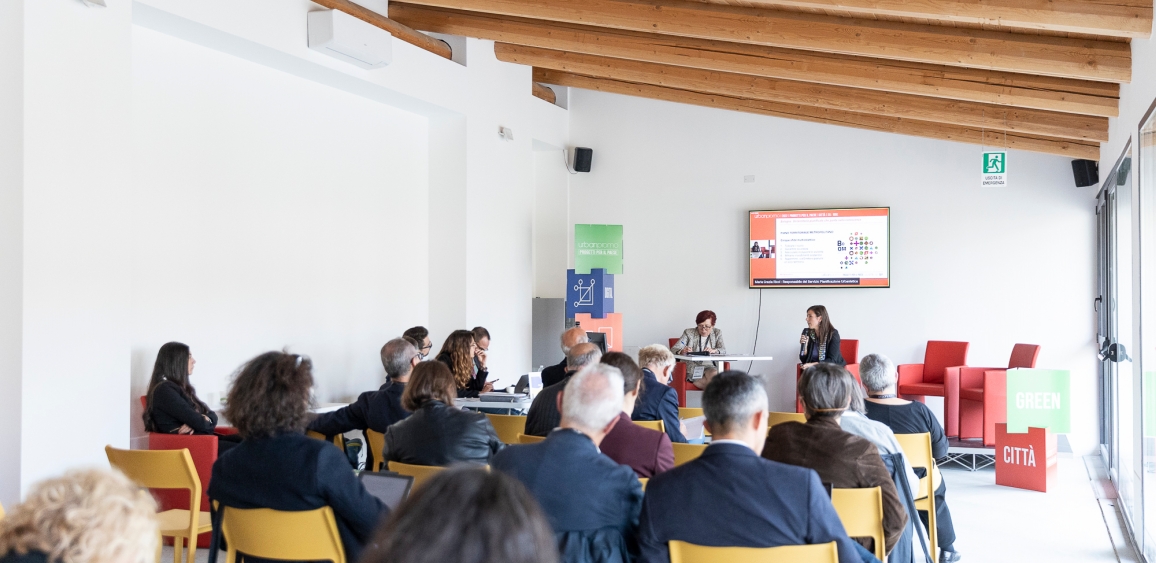
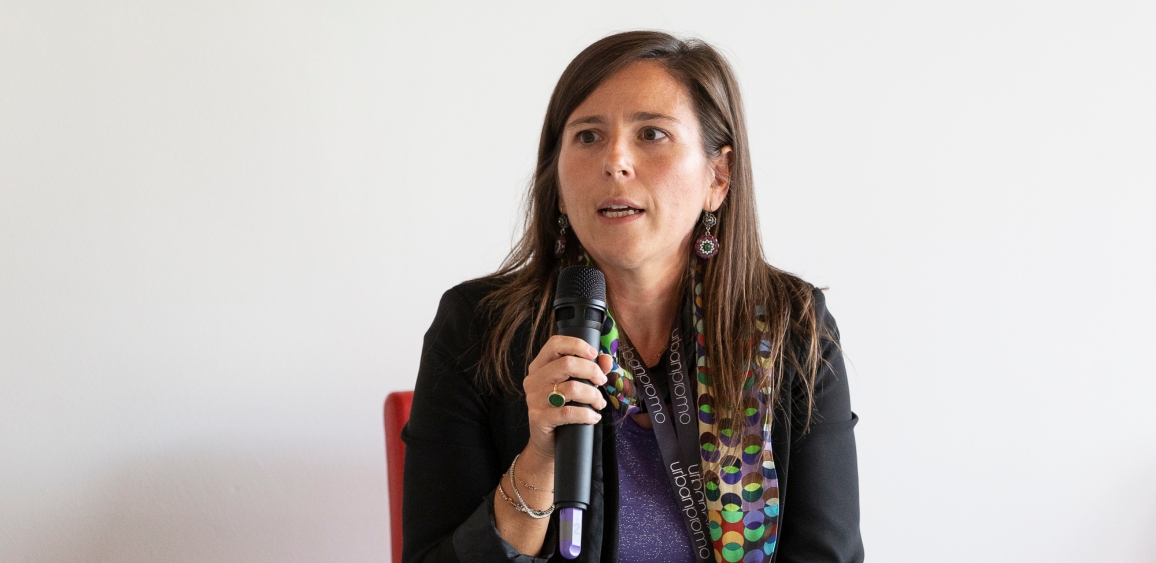
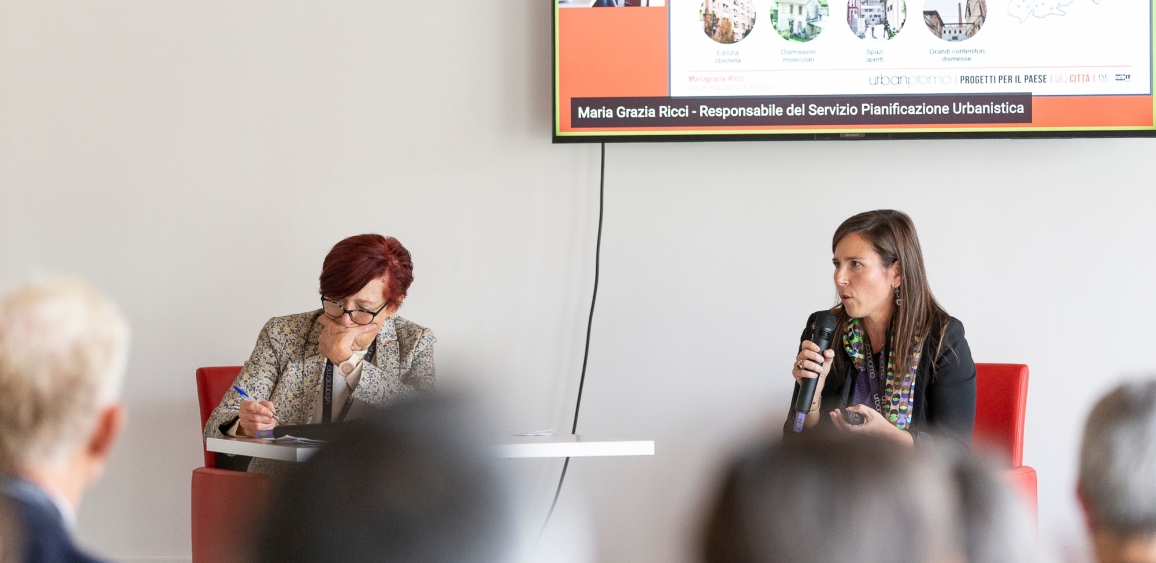
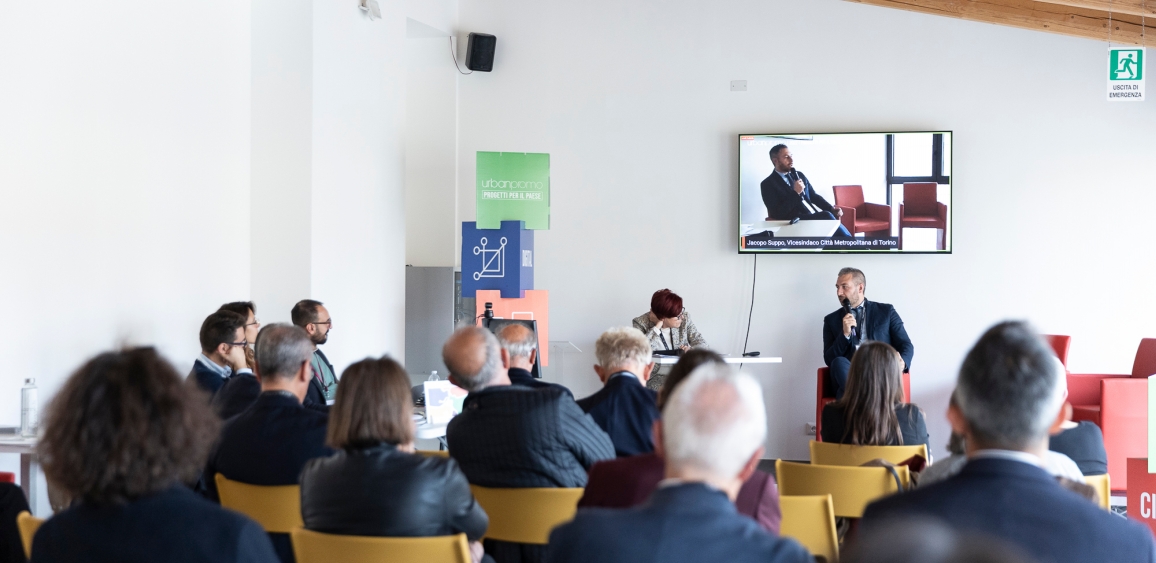
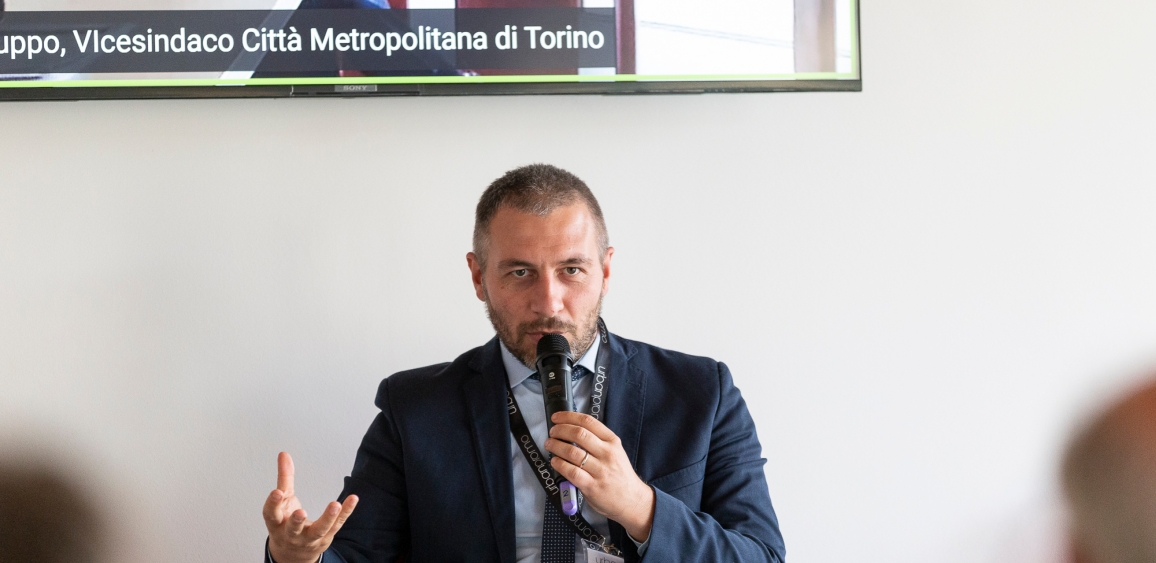
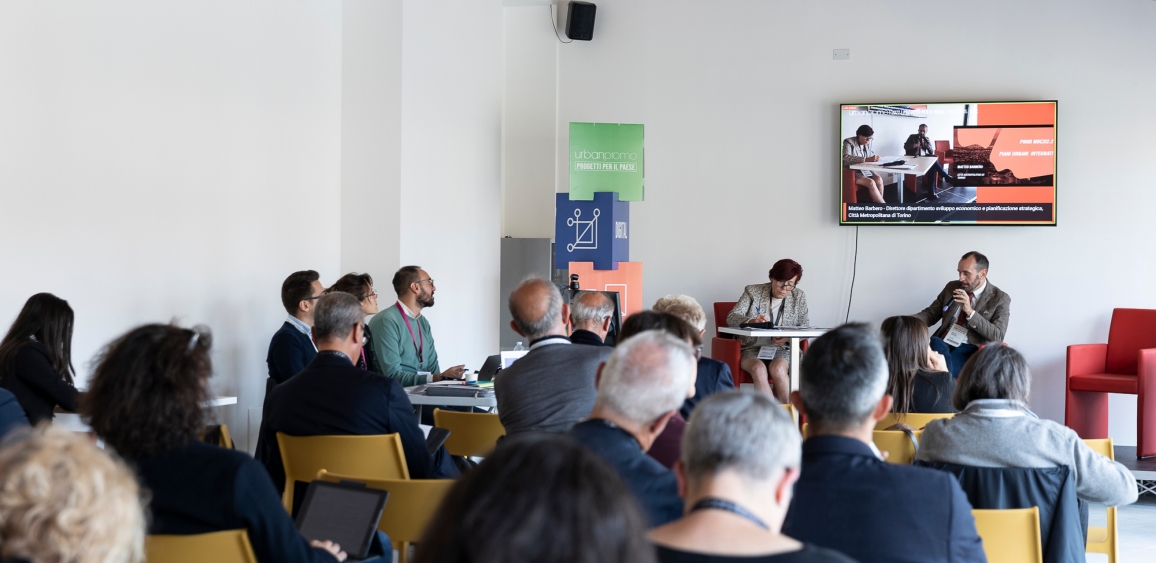
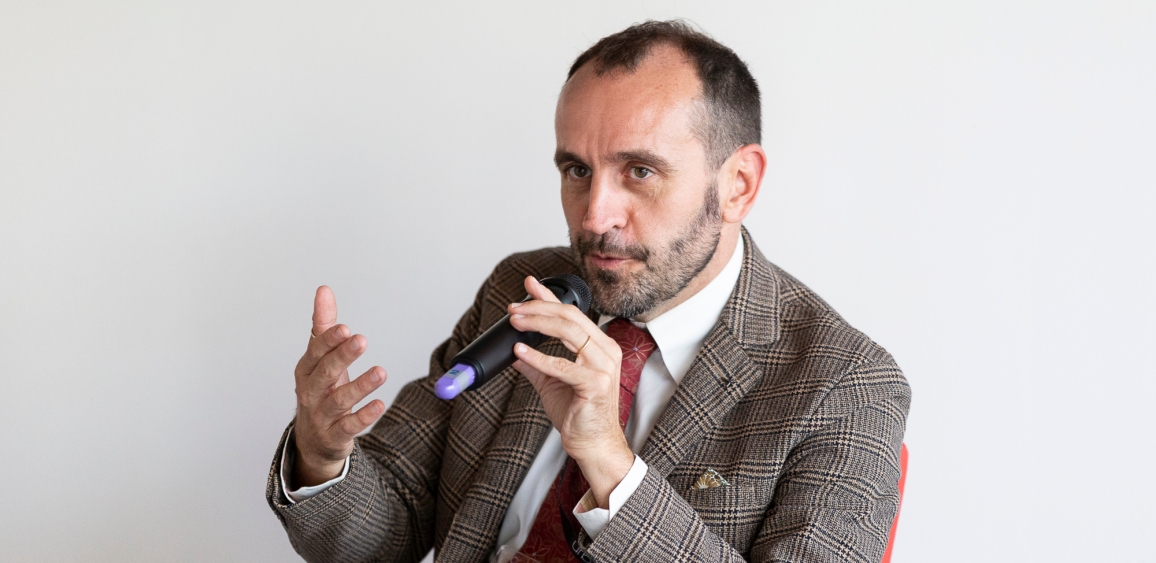
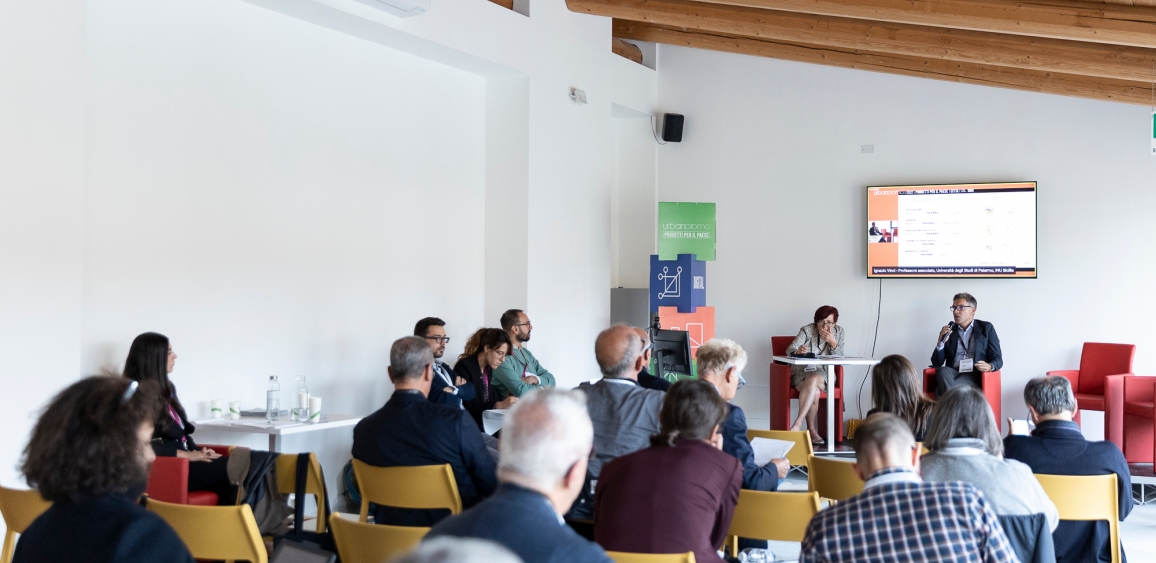
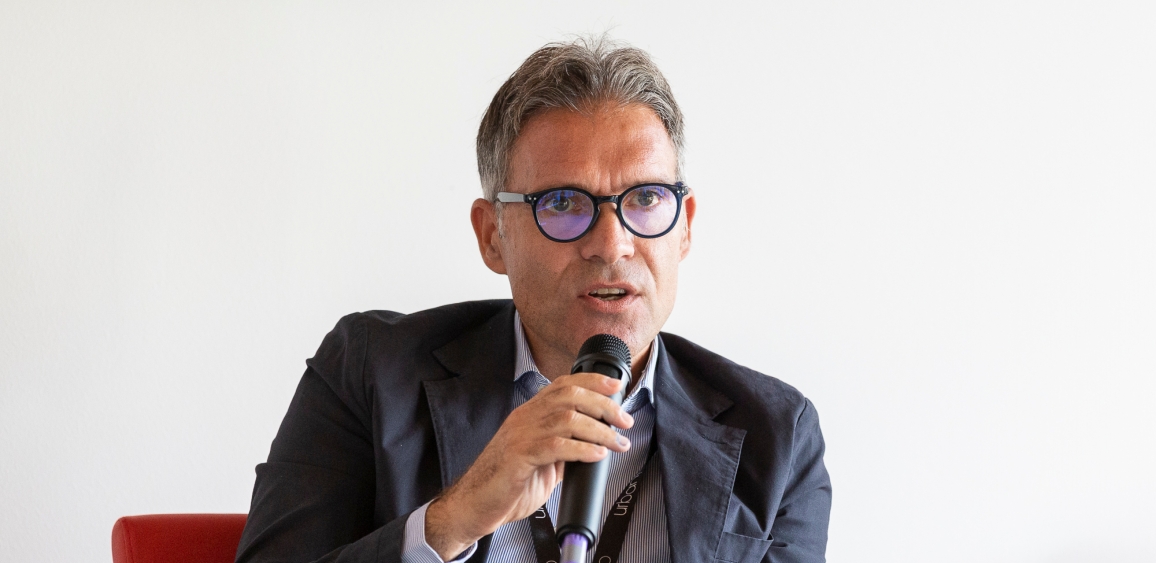

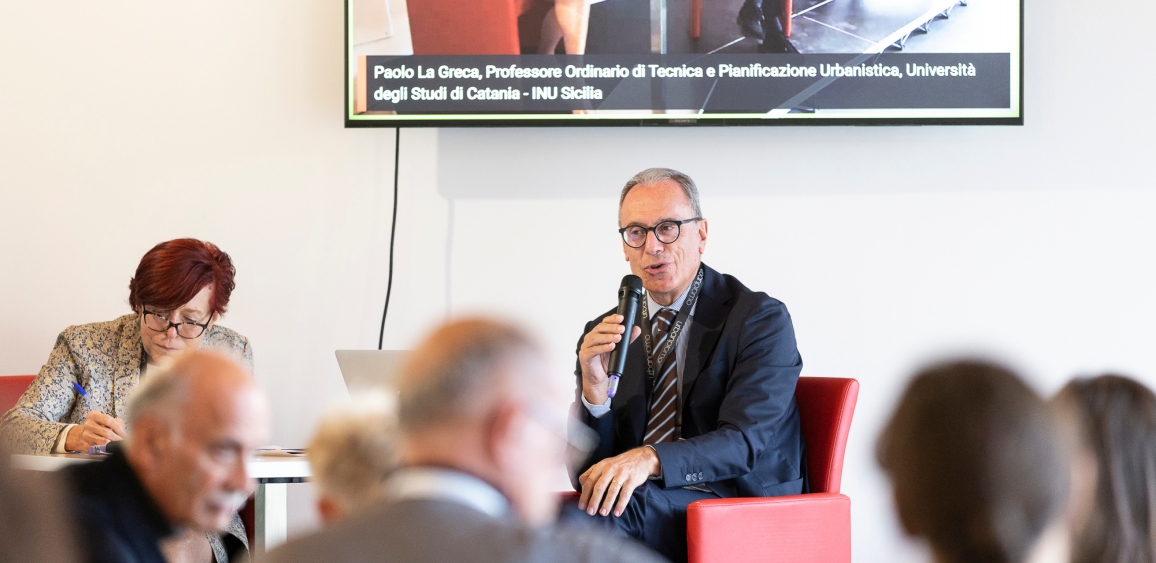

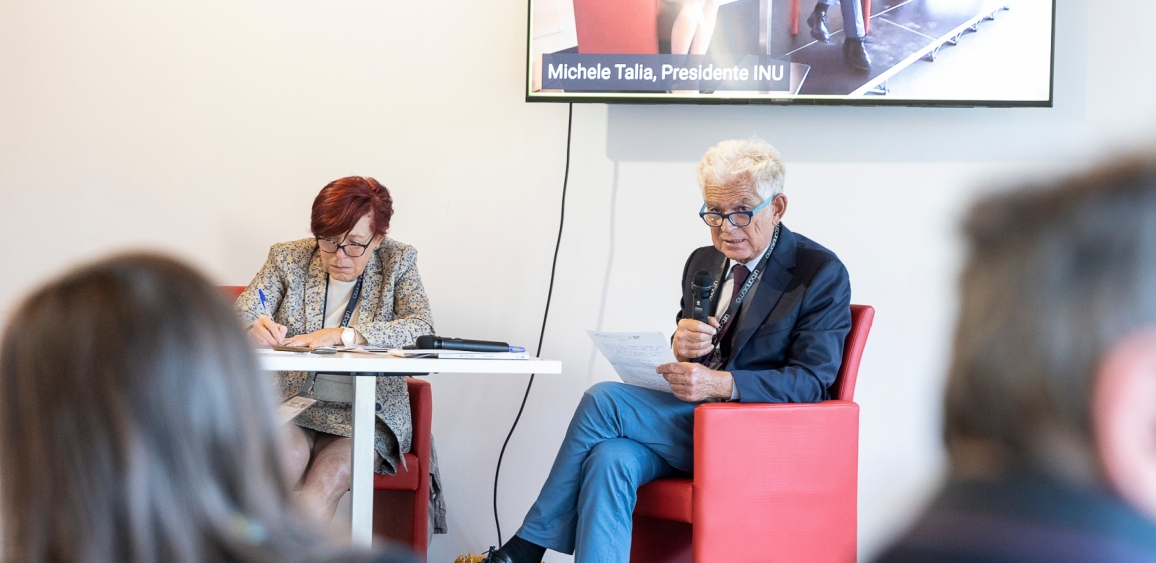
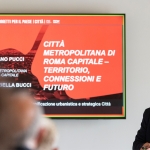
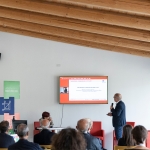
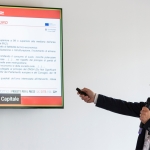
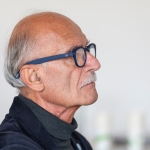
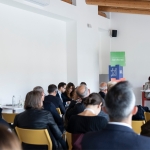
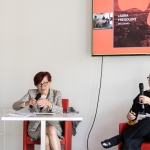
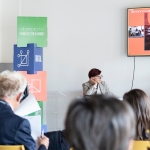

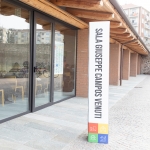
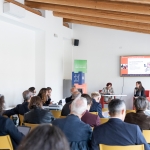
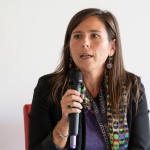
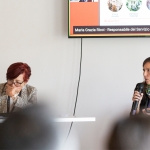
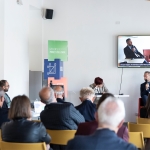
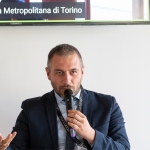
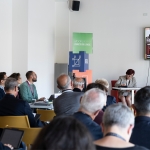
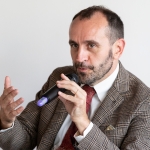
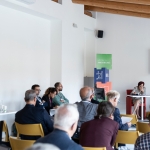
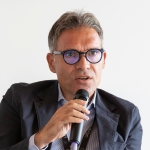

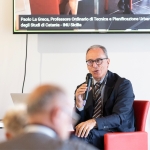


Contributions